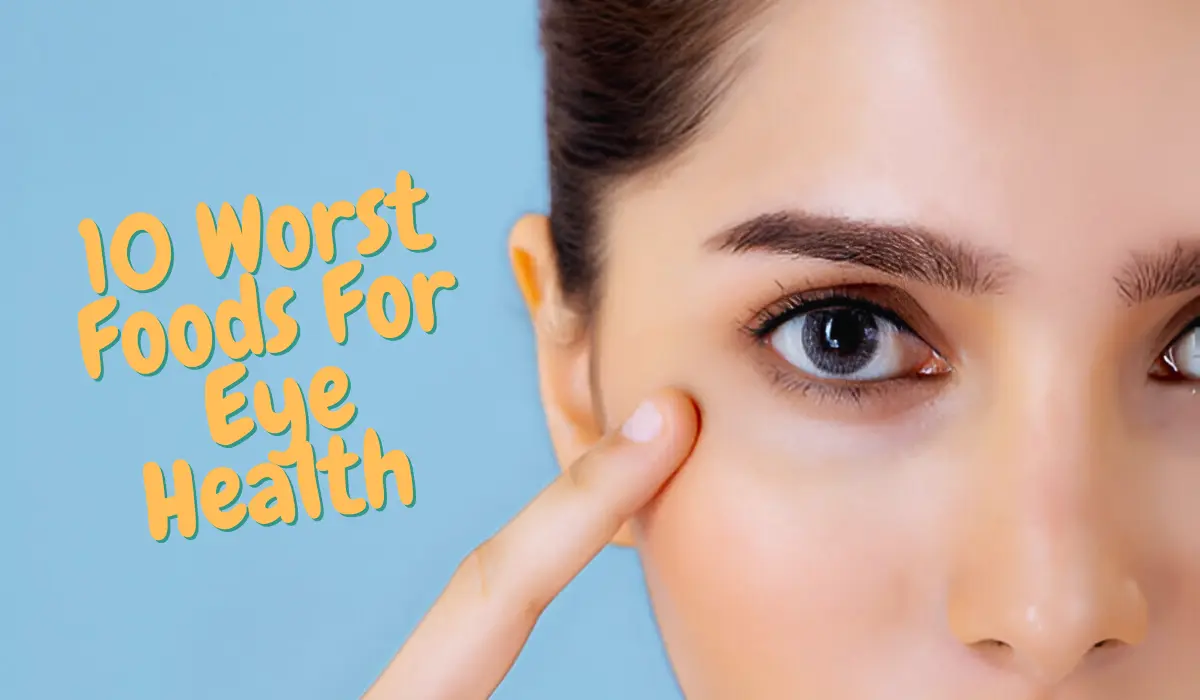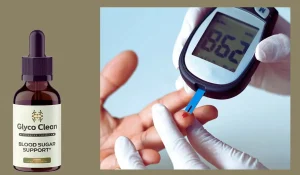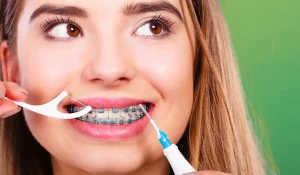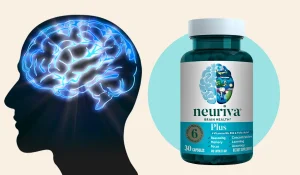Generally, we are aware of foods that aren’t beneficial for our health. But, have you ever heard of foods that are worst for your eye health? Just like how the right foods can decrease the risk of certain eye diseases, the wrong foods can cause them.
Hence, it is equally important to avoid the wrong foods to ensure good eye health. This article contains a list of foods that lack nutritional value and can therefore impact your eye health.
Worst Foods For Eye Health: Try To Avoid!
Processed foods are bad for our health, especially for our heart health. This theory also applies to our eye health as well.
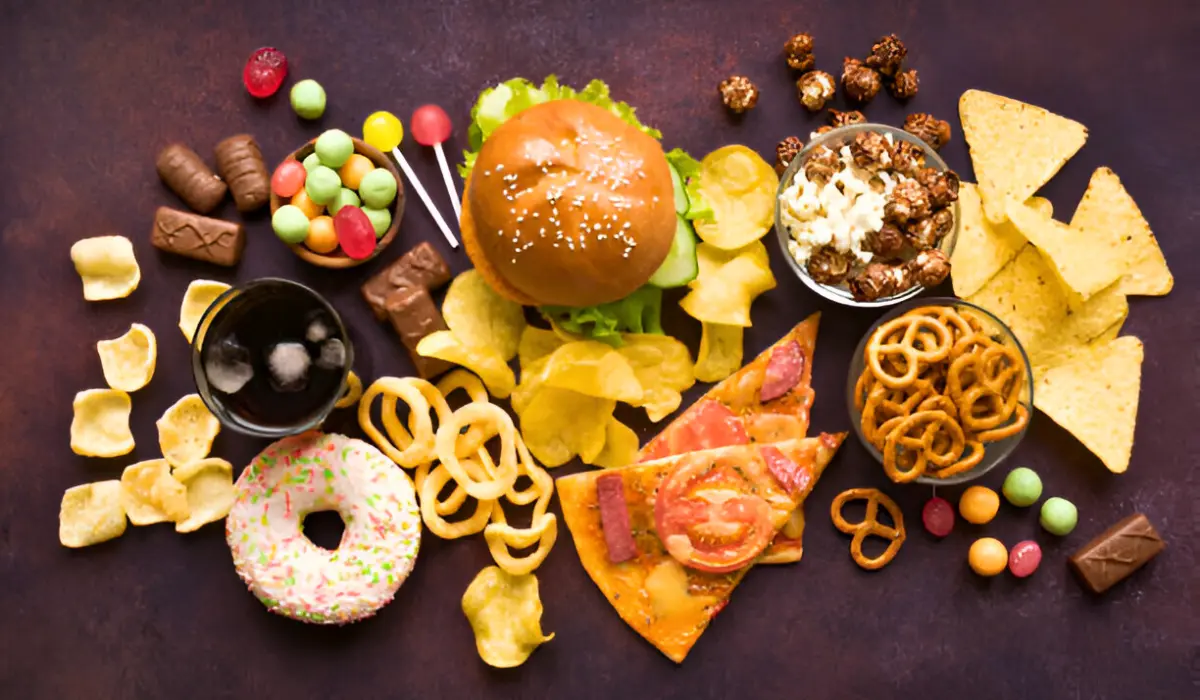
The following are some of the foods that are bad for your eyes:
1. High Sodium Foods
Studies have found a relationship between high-sodium foods and cataracts. They are known to cause hypertension and high blood pressure. The former can also cause damage to the retina called hypertensive retinopathy. The foods high in sodium include hot dogs, dell meats, canned foods, bacon, and pickles.
2. High-Fat Foods
High-fat foods like salad dressings, mayonnaise, and jelly are known to significantly reduce your eye health. Health experts usually advise to stay away from foods that contain trans fats, and hydrogenated oils. You can easily replace unhealthy fats with omega-3 fatty acids.
3. Simple Carbohydrates
Carbs commonly found in white bread and pasta are linked to eye diseases. Simple carbs cause a spike in blood sugar, which our bodies use as a major energy source. However, spikes caused by a poor diet or diet that is rich in simple carbohydrates can increase the risk of diabetes, heart disease, and cholesterol, all of which affect eye health.
4. Sweetened Drinks
Energy drinks and other sweetened drinks contain around 10 tablespoons of sugar per serving. This amount of sugar higher the risk of heart disease, type 2 diabetes, and age-related macular degeneration.
5. Processed Meats
Processed meats are high in sodium. When taken excessively, then can lead to hypertension, a condition that can result in blurred vision or vision loss, choroidopathy, a buildup of liquid under the retina, and blockage of blood flow to the retina.
6. Fried Foods
Deep-fried foods raise bad cholesterol levels and could lead to heart disease, type 2 diabetes, and stroke. They also kill cells by increasing the number of free radicals. All of these can cause diabetic retinopathy, You can avoid this situation by adding more fruits and veggies into your diet.
7. Cooking Oils
Studies have shown that excessive consumption of linoleic acid can lead to unsaturated fat causing age-related macular disease. So, try to avoid cooking oils with trans fats and hydrogenated oils. Sunflower oil, sesame oil, safflower oil, corn oil, and soybean oil, all contain these elements.
Hence, are not encouraged to consume excessively. Try to replace them with oils containing less than 4 grams of saturated fat per tablespoon.
8. Canned Foods
Packaged foods, or canned foods, like tomato sauce and soup, often contain high amounts of sodium. Overconsumption of such foods can cause high blood pressure. So, depending less on these foods can decrease the chance of related eye problems. If you are too much obsessed with canned goods, try to purchase the “so salt-added,” or “low sodium” versions of your favorite foods. For the flavor, you can always add homemade spices.
9. Fish and Shellfish
Though fish and shellfish are healthy to a certain extent, they can lead to some serious health problems when consumed excessively. Sometimes, it can even cause eye damage. So, many medical experts recommend reducing the consumption of fish and shellfish to 8-12 ounces per week to avoid unfavorable outcomes. This restriction applies especially to children and pregnant women.
10. Alcohol
Alcohol is something that destroys every part of your body and therefore, experts also link overconsumption of alcohol to eye disease. Excessive consumption of alcohol can lead to cataracts, a condition that forms a cloudy area in your eye lens.
Caffeine
Caffeine is often called an energy booster and many people consume caffeine to keep themselves active throughout the day. In reality, caffeine can increase the blood pressure in your eye, which is called intraocular pressure (IOP). When the condition worsens, it can result in vision loss, or sometimes complete blindness.
Conclusion
About 300 million people around the world struggle with serious vision loss and the reason is least known to most of them. Correcting eating habits can reduce the risk of eye disease to a very large extent. Even if you are affected by the condition, the severity can be reduced by incorporating the right foods into your diet, while also eliminating the wrong ones. You are also recommended to consult an optometrist if your condition is severe.

